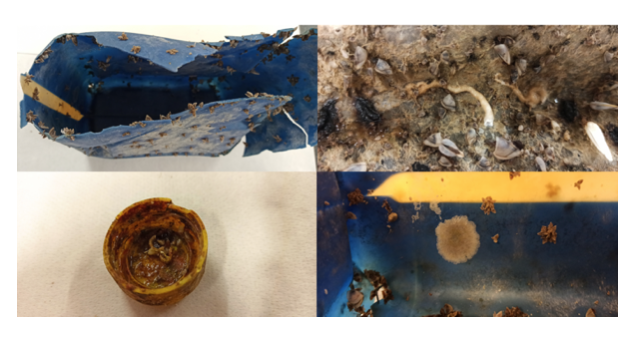La plastica rappresenta la principale tipologia di rifiuti negli oceani; come qualsiasi altra superficie artificiale e idrofobica, può essere sfruttata e colonizzata più o meno rapidamente da organismi che, nel tempo, possono dare origine a vere e proprie biocenosi. Per descrivere questo aspetto è stato recentemente coniato il termine “plastisfera”. La presente proposta, che sarà inserita nell’ambito dell’evento MEDNIGHT 2022 nell’area tematica “Mare e inquinamento”, prevede un’esposizione di substrati plastici raccolti nello Stretto di Messina e giochi rivolti ai più piccoli, al fine di sensibilizzare il più possibile l’opinione pubblica su questa delicata e quantomai attuale tematica.

